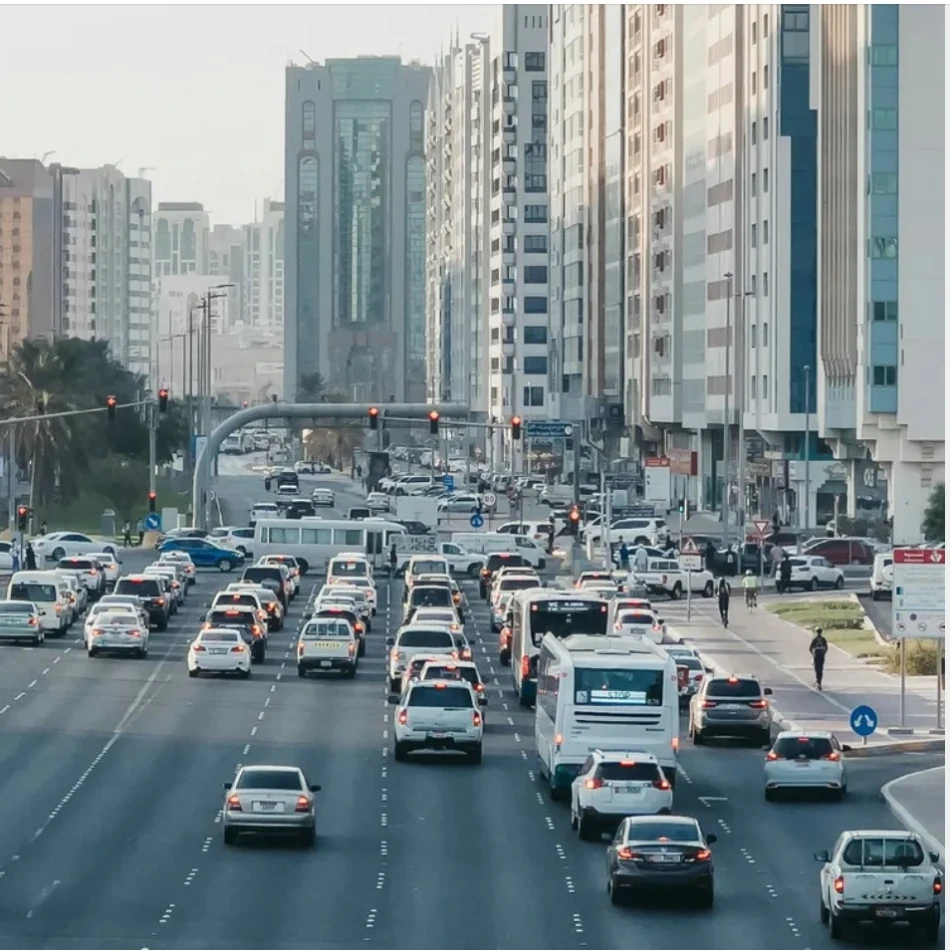
Abu Dhabi Regulates Sale and Ownership of Distinctive Vehicle Plates
Abu Dhabi Launches Premium License Plate Ownership Program to Create New Asset Class
Abu Dhabi has introduced a comprehensive regulatory framework allowing residents and citizens to officially own, trade, and transfer premium vehicle license plate numbers as personal assets. The move transforms what was previously a registration system into a legitimate marketplace for distinctive numerical combinations, potentially creating a new investment category while streamlining bureaucratic processes.
Two-Tier Classification System Creates Market Hierarchy
The Department of Municipalities and Transport has categorized all vehicle numbers into two distinct classes: "premium numbers" and "standard numbers." Premium designations include single, double, triple, and quadruple-digit combinations, plus select five-digit sequences meeting specific criteria.
This classification mirrors successful models in neighboring Gulf states, where premium license plates have become status symbols and alternative investments. In the UAE's other emirates, rare number plates have sold for millions of dirhams at auction, suggesting Abu Dhabi's formalized system could generate significant revenue streams.
Ownership Rights and Transfer Mechanisms
Under the new regulations, both UAE nationals and residents can purchase unlimited quantities of premium numbers and their ownership certificates. The system allows holders to convert existing registrations into full ownership by paying designated fees based on the number's rarity tier.
Once owned, these digital assets can be freely sold, transferred, or held as investments without requiring attachment to physical vehicles. This flexibility creates opportunities for number trading and speculation, similar to domain name markets in the digital economy.
Addressing Legacy Registration Issues
The regulation tackles a significant administrative challenge: thousands of premium numbers previously issued but never formally owned. These "registered but unowned" plates cannot be traded until ownership is established, except for transfers between immediate family members including parents, siblings, spouses, and children.
Current holders of unregistered premium numbers will receive SMS notifications detailing ownership costs, creating a pathway to legitimize their holdings. This amnesty-style approach prevents market disruption while establishing clear property rights going forward.
Technology Integration and Future Expansion
Initially, the service requires in-person visits to customer service centers, but officials plan to digitize the entire process through the "Tamm" platform. This digital transition aligns with Abu Dhabi's broader smart city initiatives and could eventually enable real-time trading platforms.
The technological infrastructure suggests potential for automated auctions, price discovery mechanisms, and secondary market development—features that have proven successful in Singapore's Certificate of Entitlement system for vehicle ownership rights.
Economic and Investment Implications
By formalizing premium number ownership, Abu Dhabi creates a new asset class that could attract both local collectors and international investors familiar with alternative investments. The system provides legal certainty and transferability that was previously absent, potentially increasing values significantly.
For government finances, the initiative represents a recurring revenue source through ownership fees, transfer taxes, and potential auction proceeds. Similar programs in other jurisdictions have generated substantial funds for transportation infrastructure development.
Regional Competition and Global Trends
Abu Dhabi's move follows successful premium numbering systems across the Gulf region, where personalized plates serve both cultural and investment purposes. However, the emirate's comprehensive ownership framework goes beyond simple registration, creating tradeable assets with clear legal protections.
This approach positions Abu Dhabi competitively against Dubai and other regional centers in attracting high-net-worth individuals who view unique license plates as both status symbols and portfolio diversification tools. The program reinforces the emirate's broader strategy of developing innovative financial products and services.
Most Viewed News

 Sara Khaled
Sara Khaled






